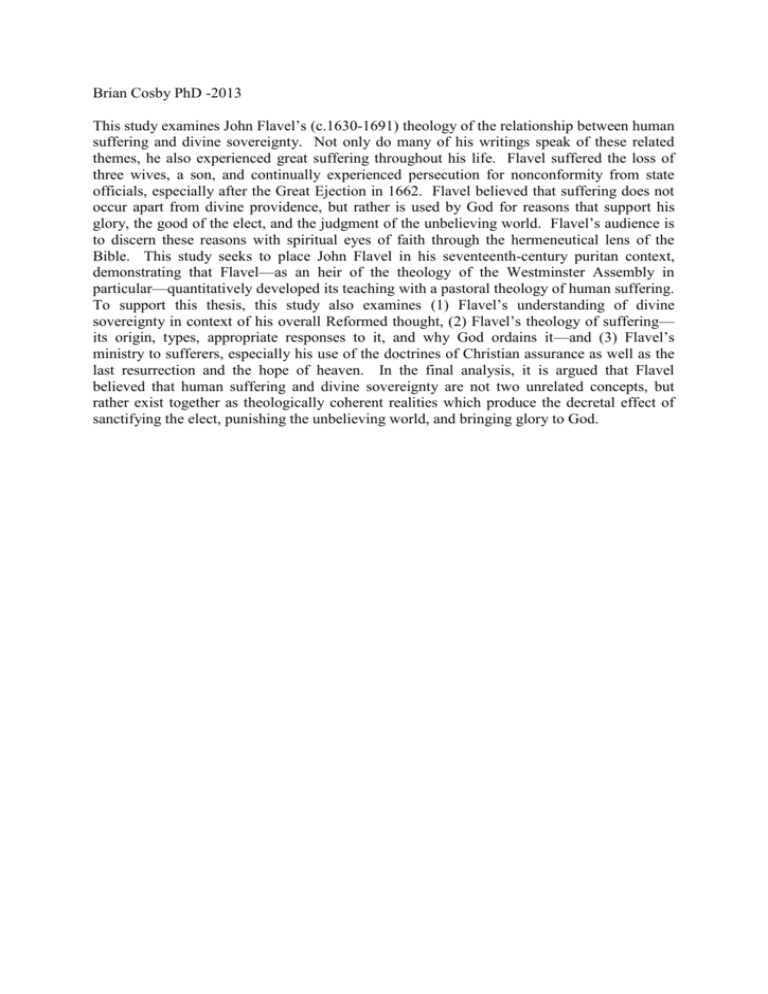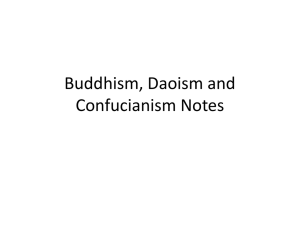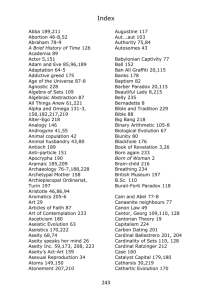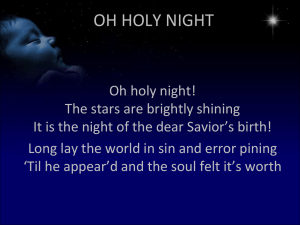Abstract
advertisement

Brian Cosby PhD -2013 This study examines John Flavel’s (c.1630-1691) theology of the relationship between human suffering and divine sovereignty. Not only do many of his writings speak of these related themes, he also experienced great suffering throughout his life. Flavel suffered the loss of three wives, a son, and continually experienced persecution for nonconformity from state officials, especially after the Great Ejection in 1662. Flavel believed that suffering does not occur apart from divine providence, but rather is used by God for reasons that support his glory, the good of the elect, and the judgment of the unbelieving world. Flavel’s audience is to discern these reasons with spiritual eyes of faith through the hermeneutical lens of the Bible. This study seeks to place John Flavel in his seventeenth-century puritan context, demonstrating that Flavel—as an heir of the theology of the Westminster Assembly in particular—quantitatively developed its teaching with a pastoral theology of human suffering. To support this thesis, this study also examines (1) Flavel’s understanding of divine sovereignty in context of his overall Reformed thought, (2) Flavel’s theology of suffering— its origin, types, appropriate responses to it, and why God ordains it—and (3) Flavel’s ministry to sufferers, especially his use of the doctrines of Christian assurance as well as the last resurrection and the hope of heaven. In the final analysis, it is argued that Flavel believed that human suffering and divine sovereignty are not two unrelated concepts, but rather exist together as theologically coherent realities which produce the decretal effect of sanctifying the elect, punishing the unbelieving world, and bringing glory to God.








